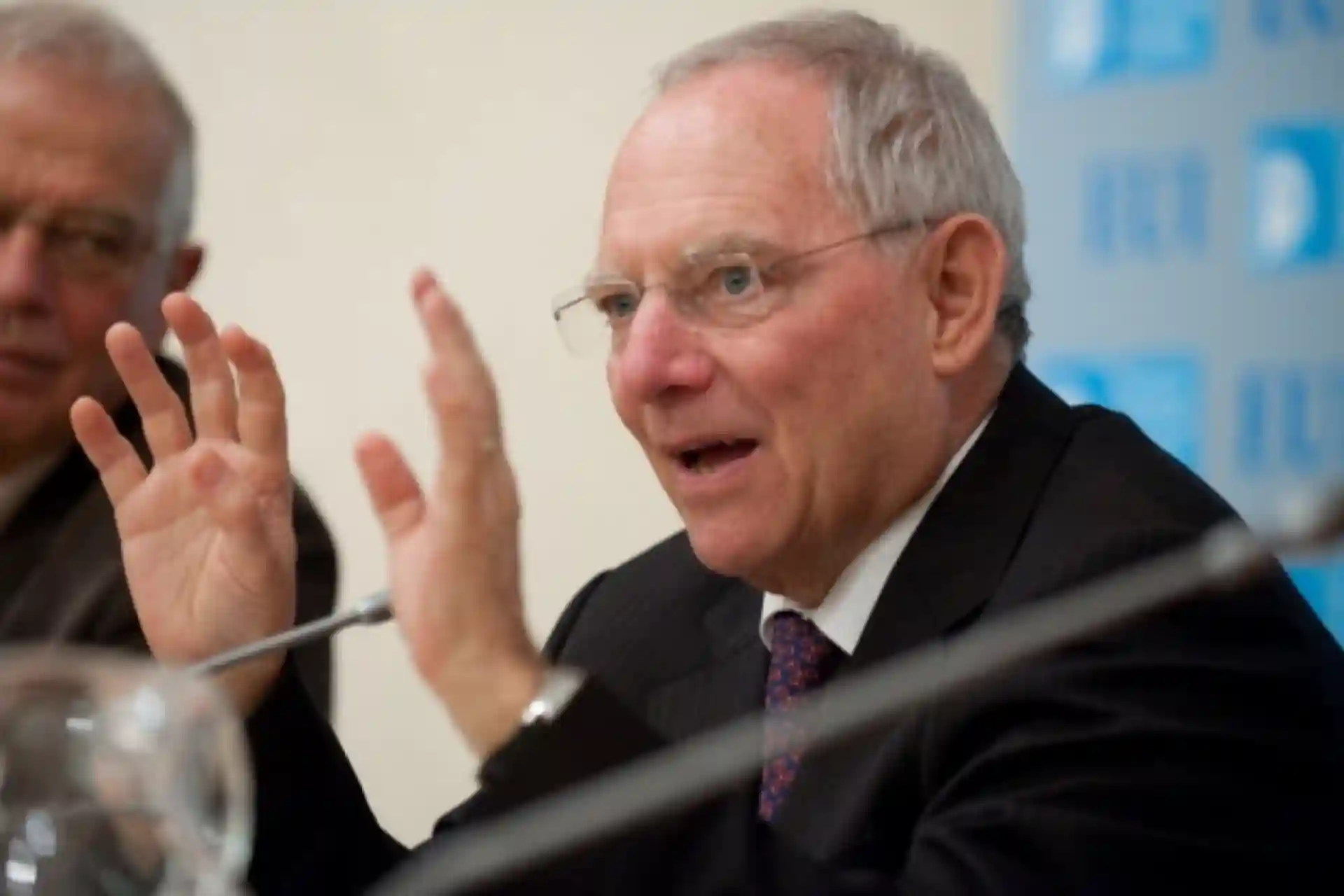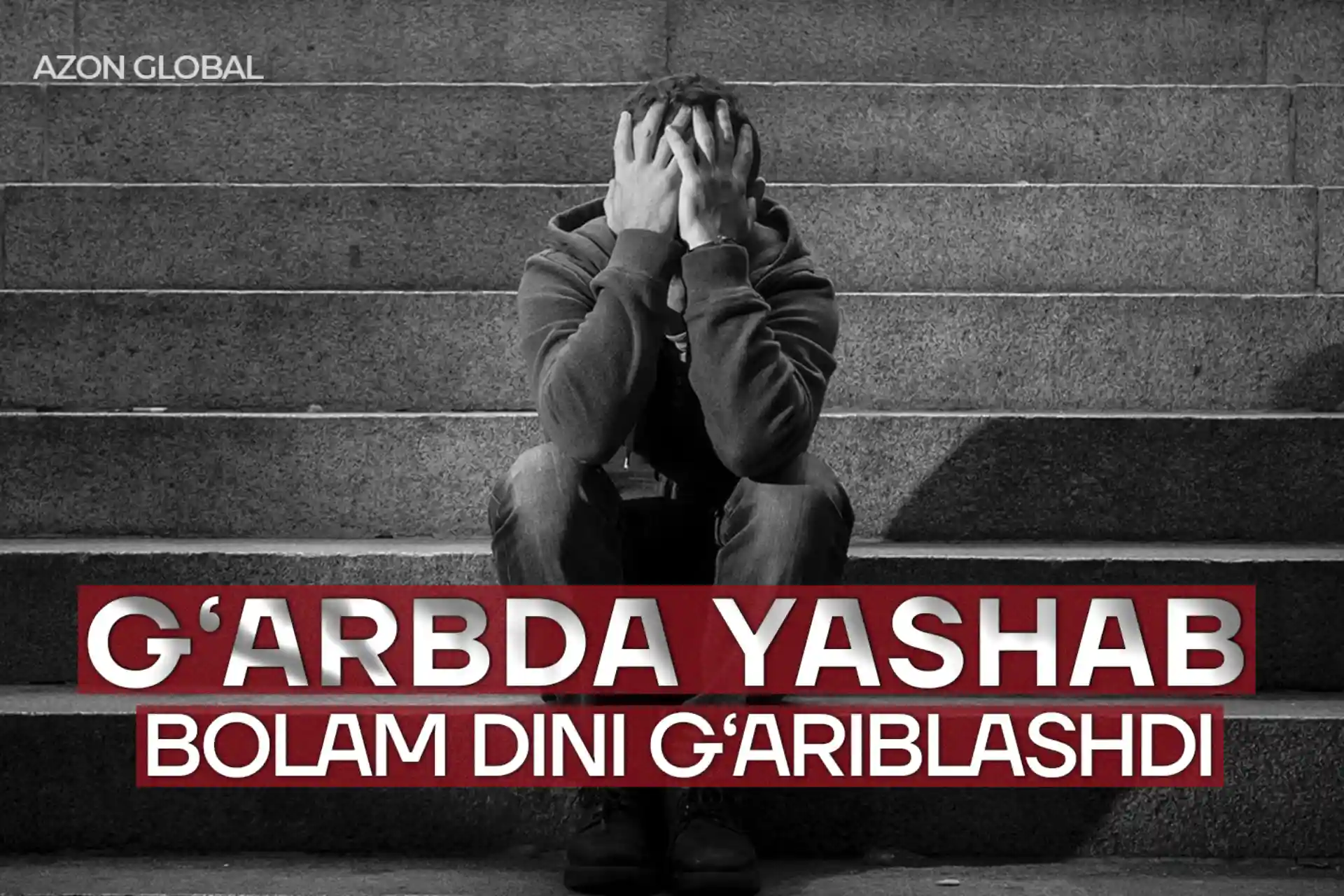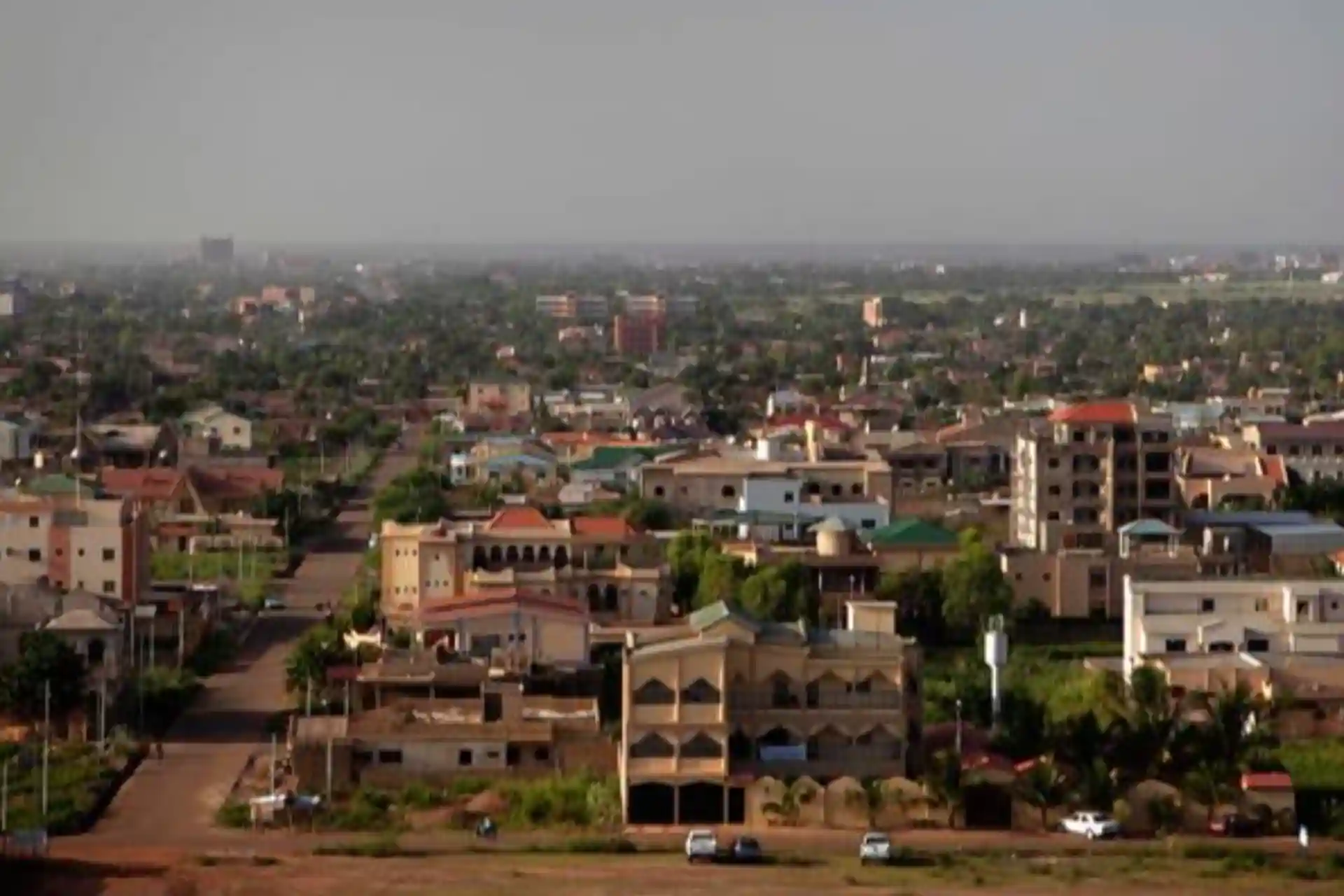The European Union: The Age of Western Hegemony is Over
Problems in relations with the "Global South" indicate the end of the era of Western domination in the world, said Josep Borrell, the chief diplomat of the EU. In his opinion, Russia will benefit from the reduction of the influence of the West, that is, the USA and the EU, in Africa, Asia and South America.
The era of Western hegemony in the world has come to an end, as evidenced by its problems with the "global south," the EU's top diplomat, Josep Borrell, wrote in his article on the outcome of the Munich Security Conference.
According to him, over the past two years, Brussels' relations with the southern countries have significantly deteriorated, so it is difficult for the EU and the US to sway the "global south" in their favor, especially when it comes to Russia-Ukraine. Borrell admits that Moscow will benefit from the decline of Western influence in Africa, Asia and South America.
Since Russia's invasion of Ukraine in February 2022, no Western country except Japan has joined sanctions against Russia. On the contrary, a number of countries such as China, India or Brazil have increased the volume of trade with Russia despite the pressure of US sanctions.
"The era of Western hegemony is over and there are practical lessons to be learned," Borrell wrote in his blog. "If the current global geopolitical tensions continue to develop in the direction of the West against the rest, Europe's future may become bleak."
According to the EU's top diplomat, the EU is facing four main geopolitical challenges:
- continued to support Ukraine in the war against Russian aggression ;
- Achieving a ceasefire in the Gaza Strip, supporting the creation of a Palestinian state ;
- establishing relations between the European Union and the "global south" ;
- Increasing the level of European defense, especially in view of Donald Trump's recent statements about the possible withdrawal of the United States from NATO.
The politician also noted that the war in Ukraine and Israel's invasion of Gaza have widened the gap between the West and the "global south". This became even more clear during South Africa's lawsuit against Israel at the International Court of Justice in The Hague in January: the African country accused Tel Aviv of committing genocide against the Palestinians.
Most Western countries, including the United States, Great Britain, and Germany, opposed the trial and supported Israel. At the same time, most of the countries of the "global south" sided with South Africa and Palestine.



